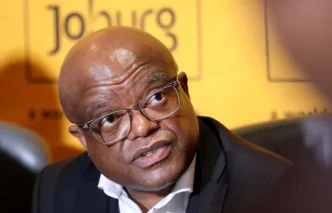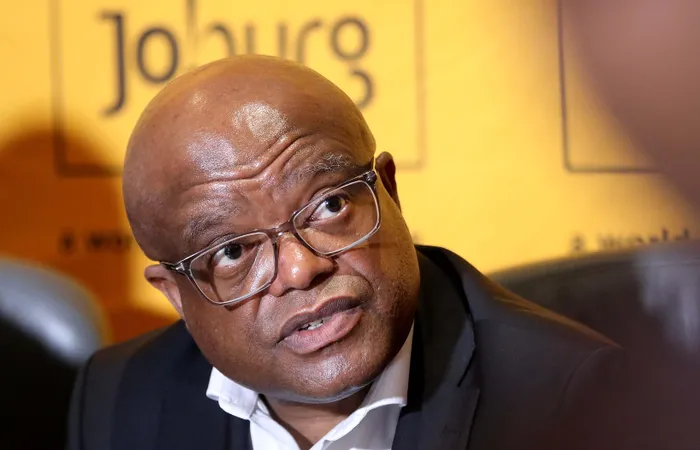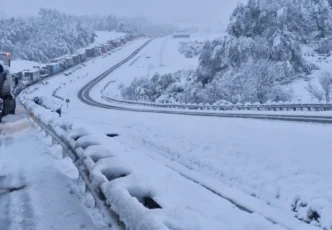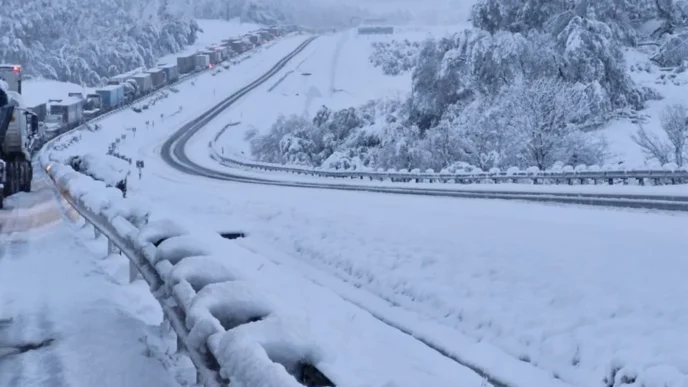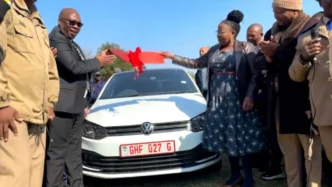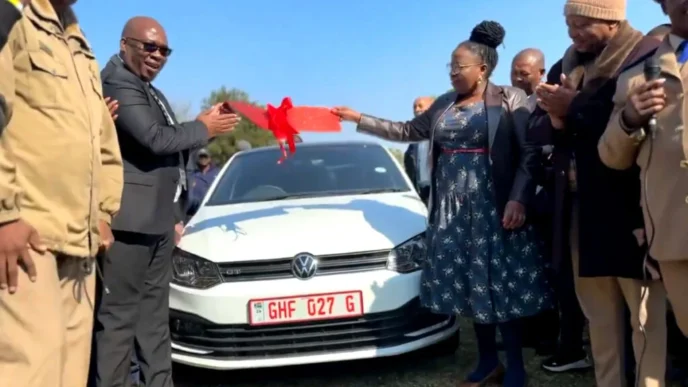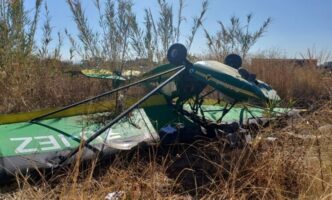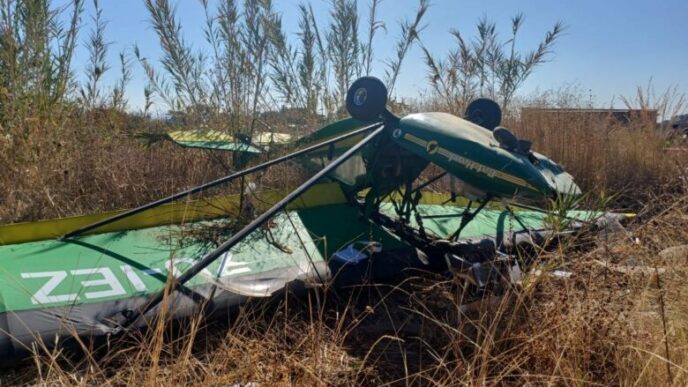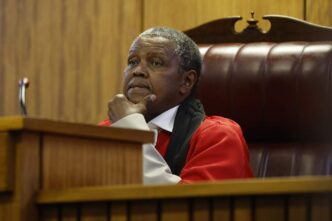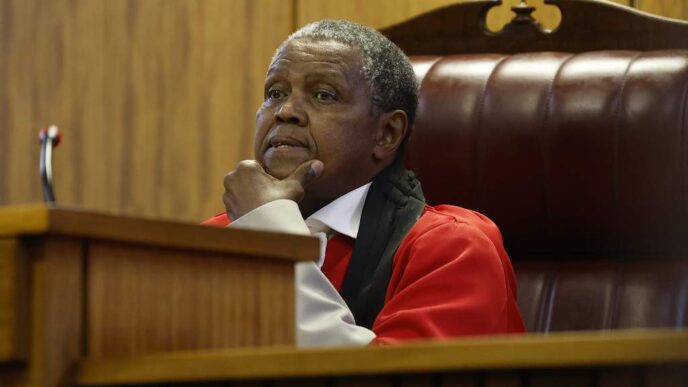South Africa’s political landscape has taken an unexpected turn as ANC and EFF members reportedly join Johannesburg’s “bomb squad” initiative, a government-led effort to deploy volunteers for unpaid labor in cleaning streets, restoring parks, and addressing municipal breakdowns . The move, described as a “symbolic gesture” by officials, comes amid mounting public frustration over loadshedding, water shortages, and waste management failures that have left parts of the city in disarray.
The initiative, part of broader efforts to stabilize Gauteng’s economic capital, has drawn mixed reactions. Some volunteers framed their participation as a commitment to community upliftment, with one ANC member stating, “We can’t keep blaming the past—we must act now”. However, critics argue the strategy risks reducing urgent governance responsibilities to performative gestures, with opposition parties accusing the ANC-EFF coalition of using the program to deflect from systemic inefficiencies.
Johannesburg’s municipal crisis has worsened in 2025, with loadshedding, sewage leaks, and crime dominating public concerns. The “bomb squad” initiative, which includes youth cadres and party loyalists, aims to tackle visible decay—clearing litter, repairing potholes, and restoring abandoned public spaces. Yet, analysts warn that temporary fixes cannot replace structural reforms. “This is a Band-Aid on a bullet wound,” said a Pretoria-based urban planner. “Without fixing governance, these efforts will vanish in weeks.”
Public sentiment remains skeptical. Residents in Soweto and Hillbrow expressed appreciation for the cleanup efforts but questioned the sustainability of volunteer-driven solutions. A local shop owner noted, “They’re here today, gone tomorrow. What happens when the cameras leave?”. Meanwhile, labor unions criticized the unpaid nature of the work, arguing it exploits political volunteers while sidelining formal employment programs critical for youth job creation .
The collaboration between the ANC and EFF—a political pairing once unthinkable—highlights desperation to salvage municipal credibility ahead of 2026 elections. However, historical tensions over corruption allegations and ideological differences continue to cast doubt on long-term cooperation. A Johannesburg political analyst observed, “This isn’t unity—it’s survival politics. If service delivery doesn’t improve, voters will punish both parties”.
As the “bomb squad” continues its efforts, the initiative tests whether grassroots mobilization can mitigate the consequences of institutional failure—or if it will further expose the limits of political voluntarism in a city grappling with deepening decay.
